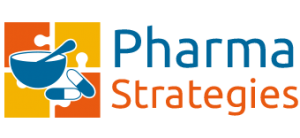New Phase IIIB data shows Novartis Fabhalta® improved hemoglobin levels in adult patients with paroxysmal nocturnal hemoglobinuria who switched from anti-C5 therapy
arcticnovartis
- In the Phase IIIB APPULSE-PNH study, oral Fabhalta® (iptacopan) improved the average hemoglobin (Hb) level versus baseline in adult patients with paroxysmal nocturnal hemoglobinuria (PNH) who were switched from anti-C5 therapies (Hb ≥10g/dL following treatment with eculizumab or ravulizumab)1,2
